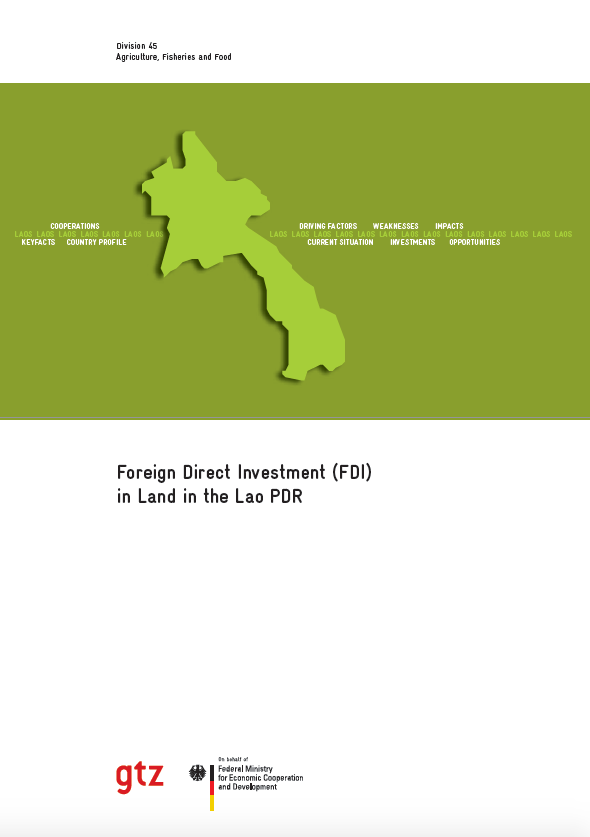Location
As a service provider in the field of international cooperation for sustainable development and international education work, we are dedicated to shaping a future worth living around the world. We have over 50 years of experience in a wide variety of areas, including economic development and employment promotion, energy and the environment, and peace and security. The diverse expertise of our federal enterprise is in demand around the globe – from the German Government, European Union institutions, the United Nations, the private sector, and governments of other countries. We work with businesses, civil society actors and research institutions, fostering successful interaction between development policy and other policy fields and areas of activity. Our main commissioning party is the German Federal Ministry for Economic Cooperation and Development (BMZ). The commissioning parties and cooperation partners all place their trust in GIZ, and we work with them to generate ideas for political, social and economic change, to develop these into concrete plans and to implement them. Since we are a public-benefit federal enterprise, German and European values are central to our work. Together with our partners in national governments worldwide and cooperation partners from the worlds of business, research and civil society, we work flexibly to deliver effective solutions that offer people better prospects and sustainably improve their living conditions.
Members:
Resources
Displaying 266 - 270 of 340Foreign Direct Investment (FDI) in Land in the Lao PDR
In the last decade the Lao People’s Democratic Republic (Lao PDR) has transformed itself into a provider of natural resources (timber, agricultural products, minerals, and energy) for its wealthier and more populated neighbours China, Vietnam and Thailand.
Foreign direct investments in land in developing countries
The world food crisis has spurred foreign direct investments (FDI) into arable land in developing countries. While significant financial inflows into agricultural sectors could be beneficial on a global scale, it could negatively affect local livelihoods. This article provides an overview of the different types of FDI in land. In addition, examples of investment flows are illustrated in an overview and a sustainable impact matrix outlines the occurring effects. Finally, requirements of avoiding negative effects are presented, to achieve a Pareto-efficient win-win situation.
How do small farmers respond to climate change in Rajasthan?
Water is scarce in India's semiarid zones of Rajasthan. Climate change is putting additional pressure on the rare resources. Irregular or no rainfall forces many small farmers to abandon their fields, at least temporarily, and seek work in the towns. Participative water management projects as practiced in Bhipur village, growing crops with low water requirements and more sustainable farming practices are adaptation strategies that allow farmers to continue their activities despite climate risks.
Knowledge management pays dividends
Many adaptation measures urgently needed in agriculture today as a consequence of climate change concern water in agriculture and were already devised and implemented in the 1980s as a part of rural development activities. However, most of the experience and knowledge have sunk without trace. Systematic knowledge management at that time would have made it possible to benefit from this experience today in the planning and implementation of water-related adaptation measures, providing effective support for these measures and hastening their implementation.
Desertification - Coping with today's global challenges in the Context of the Strategy of the United Nations Convention to Combat Desertification
Under the present conditions of climate change and the growing scarcity of productive natural capital such as arable land and water, The strategy aims to rally a global coalition to deliver benefits for people and ecosystems everywhere and generate downto-earth responses to some of the major international challenges of our time.




